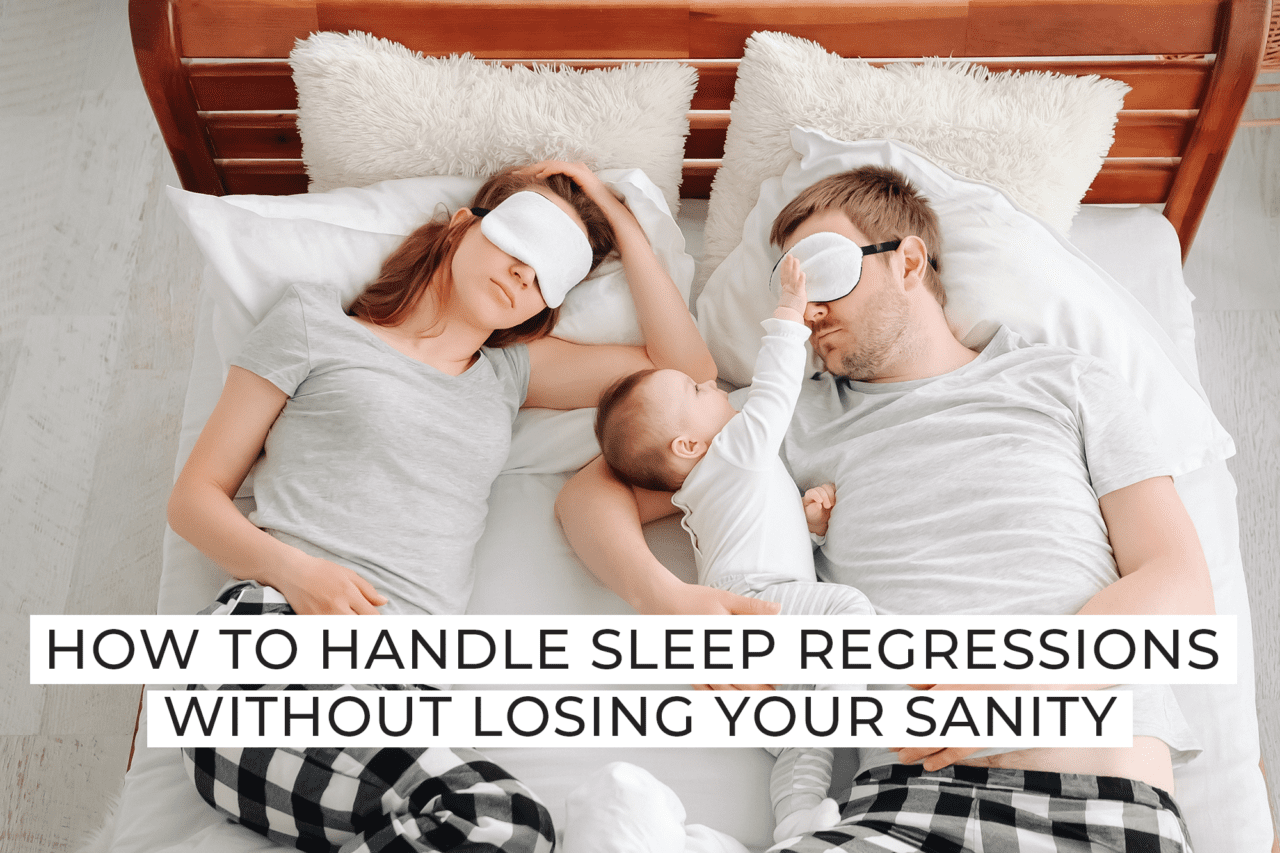Magnesium: Recharge, Relax, Repeat –
The Multiple Benefits of Magnesium
It is estimated between 10% – 30% of UK adults may have a suboptimal magnesium status, where serum levels are low enough to impair function even without overt symptoms.
Magnesium is an incredibly important mineral, involved in more than 300 biochemical processes throughout the body. It helps regulate nerve and muscle function, supports energy production and contributes to strong bones, as well as being involved in cardiovascular health, blood sugar levels and exercise recovery.
While a well-rounded diet typically provides enough magnesium, factors like chronic stress, aging and certain medical conditions can rapidly deplete your levels which could lead to additional health problems.

Magnesium is probably most commonly used for its muscle-relaxant properties. It regulates calcium and potassium transport across cell membranes, helping muscles contract and then relax properly. Athletes and active individuals often turn to magnesium to prevent or relieve exercise-induced cramps and spasms also known as DOMS, supporting smoother post-workout recovery.
Highlighting its benefits for your cognitive health, magnesium helps calm overactive nerve signals and keeps your brain chemicals in balance. This translates into a calming effect on the nervous system, making magnesium supplements popular for reducing feelings of tension, anxiety and restlessness. Many people also turn to magnesium for promoting a deeper, more restorative sleep.
When it comes to matters of the heart, magnesium continues to put in the work. It helps lower blood pressure by relaxing blood vessels, keeps your heartbeat steady and maintains electrolyte balance. Clinical research has linked optimal magnesium levels with a reduced risk of hypertension, arrhythmias and other cardiovascular issues.
In your bones, magnesium partners with calcium and vitamin D to maintain structural integrity. While not directly the sole determinant of bone strength, magnesium deficiency may be a risk factor for osteoporosis and adequate intake is important for overall bone health.
On a cellular level, magnesium helps the enzymes that produce ATP, essentially the powerhouse catalyst for energy production. Without enough magnesium, the body cannot efficiently convert food into usable energy, leading to fatigue and lethargy. Magnesium also participates in insulin secretion and glucose metabolism, which are crucial for energy production and helping to regulate blood sugar levels.
When Magnesium Levels Become Low
Early signs of deficiency can be subtle and easily attributed to other causes but persistent low magnesium can manifest in several ways:
- Muscle Cramps and Spasms
A telltale sign of magnesium depletion, involuntary twitching, cramps or restless legs at night often indicates that electrolyte balance is off. - Fatigue and Weakness
Since magnesium is critical for ATP production, low levels can leave you feeling chronically tired, lethargic or unmotivated. - Nervousness and Mood Disturbances
Anxiety, irritability and difficulty relaxing may be linked to insufficient levels of magnesium calming the nervous system. - Sleep Disturbances
Trouble falling or staying asleep, as well as non-refreshing sleep, can point toward a suboptimal magnesium status. - Irregular Heartbeat
Palpitations, skipped beats or a fluttering sensation may occur because magnesium helps regulate heart rhythm. - Headaches and Migraines
Some research links magnesium deficiency to increased frequency and intensity of headaches and migraines. - Poor Blood Sugar Control
Inadequate magnesium can impair insulin sensitivity, potentially leading to higher blood glucose levels over time.
If you experience multiple symptoms, particularly muscle cramps alongside fatigue and sleep issues, it may be worth considering supplementation or discussing this further with your doctor.
Knowing your Oxide from your Glycinate
When choosing a magnesium supplement, each form contains a different percentage of “elemental” magnesium which correlates to how easily it dissolves in the gut, crosses cell membranes and avoids being excreted.
Choosing the right form depends on individual needs.
- Magnesium Oxide: One of the most common and cheapest forms, this form is typically used as an antacid or laxative rather than for correcting a magnesium deficiency.
- Magnesium Citrate: Is known for its gentle laxative effect, making it a popular choice for occasional constipation relief.
- Magnesium Glycinate (also referred to as Bisglycinate): This form boasts one of the highest absorption rates and is very gentle on the stomach. It’s favoured for supporting sleep, stress reduction and muscular health without a laxative effect.
- Magnesium Malate: Combined with malic acid, a compound found in fruits like apples, this form is quickly absorbed and may be helpful for individuals with fibromyalgia.
- Magnesium Taurate: Typically recognised for its cardiovascular benefits, this form is bonded with the amino acid taurine.
- Magnesium L-Threonate: A newer form, L-threonate is being researched for the potential to support cognitive function, memory and neuroplasticity.
- Magnesium Sulphate: More commonly known as Epsom Salts, this form is primarily used topically in baths for muscle relaxation and skin health rather than orally, due to its potent laxative effect when ingested.
- Magnesium Chloride: Generally used in transdermal forms such as oils or sprays, magnesium chloride is well absorbed and is naturally occurring in lakes and seas.
Understanding the “Elemental”
When you compare magnesium supplements, you may notice that some labels list both the total compound weight and the amount of elemental magnesium per serving. Elemental magnesium refers to the actual mineral content available for absorption by the body once separated from the weight of its binding partner such as citrate, oxide or glycinate.
When choosing a magnesium supplement, looking at both the elemental magnesium content and the known absorption profile of each form helps ensure you’re getting the maximum benefit from every milligram you take. Most adults need between 310mg (women) and 420mg (men) of elemental magnesium per day.
Any Excuse….
High-quality dark chocolate containing 70% cacao or more, makes for a magnesium-rich treat.
Which Magnesium Should I Choose?
To get the most from your magnesium supplement, follow these five simple steps:
- Identify Your Goal
- Constipation relief: Magnesium citrate or oxide (in higher doses)
- Sleep and relaxation: Magnesium glycinate or L-threonate
- Muscle pain or fibromyalgia support: Magnesium malate
- Cardiovascular synergy: Magnesium taurate
- General supplementation: Magnesium glycinate or chloride
- Calculate Elemental Magnesium
Read the label carefully to ensure you’re getting your target dose of elemental magnesium. - Timing Matters
- Split daily doses (e.g., morning and evening) to help avoid digestive upset.
- Take with food to improve absorption (or take a liposomal form).
- Beware of Laxative Effects
Start with a lower dose and gradually increase. If loose stools occur, either switch to a gentler form like glycinate or reduce your dose. - Monitor and Adjust
Notice changes in sleep quality, muscle comfort, mood and digestion.
Magnesium is an unsung hero of health, quietly at work in nearly every part of your body. By understanding the different supplement forms, decoding elemental magnesium and deciphering bioavailability, you can tailor your approach for maximum benefit.
For children who need a little extra help winding down at bedtime and maintaining healthy magnesium levels, magnesium glycinate is generally the gentlest and most effective choice. Because it’s bound to the calming amino acid glycine, it’s absorbed very efficiently, crosses the blood-brain barrier more readily and is far less likely to cause any tummy upset or loose stools than other forms like oxide or citrate.
Visit our brand partner: www.lipolife.co.uk for any further details and questions. Remember to quote BROOD15 for 15% off


HOW TO CO-PARENT AT CHRISTMAS
HOW TO CO-PARENT A HAPPY CHRISTMASI love Christmas as much as my children do. When I was younger I used to get so excited on Christmas Eve I used to give myself stomach ache and my mum would get cross with me and have to calm me down. Now I’m a parent myself I don’t...

Sarie Taylor: Overwhelm
Feeling overwhelmed? Our resident Psychotherapist gives us some tips to reduce our stress and anxiety when it comes to a parent juggling work and family life.

LIFE WITH THE BYES: JAMES AND VICTORIA BYE
Parents of three, (soon to be four) Actor James Bye, and Blogger Victoria Bye, have had a whirlwind few years, as their children came along at the same time as their careers started to soar.

SALLY LINDSAY: CHILDCARE CAN BE SEEN AS A ‘DIRTY WORD’, BUT THERE IS ABSOLUTELY NOTHING WRONG WITH IT
Sally Lindsay is one of Britain’s best loved actors and presenters, best known for her roles as Shelley Unwin in ITV’S Coronation Street, Lisa Johnson in Sky One’s comedy series Mount Pleasant, and as Kath Agnew in the BBC sitcom Still Open All Hours.

IS GUILT A GIVEN WHEN YOU ARE A WORKING PARENT?
When I started to really see that my feelings of guilt came from the thoughts I had about myself, I started to see guilt as a wonderful alarm and indicator for me to actually lower my expectations of myself, relieve the pressure and be much more patient and compassionate with myself! It is simply and indicator that our thoughts have gone off in an unhelpful direction.

TASTY GARLIC AND HERB SALMON PASTA BY SIMON WOOD
Looking for a quick, low budget, yet delicious dish to cook for the family this weekend? Try this tasty Garlic and Herb Salmon Pasta by Master chef winner and Award winning Wood Restaurants owner – Simon Wood.

CONFIDENCE
Confidence is a preference, as Damon Albon (Blur) once stated.
If confidence was indeed something we could choose, would we choose it?
I’m not sure that everyone would drink the magic potion even if it was that easy, as I think confidence can be associated or frankly confused with arrogance, it’s ugly second cousin.

THE 10 MINUTE MAKEOVER FOR BUSY MUM’S
Mornings can be the most chaotic and super rushy part of the day, what with getting the kids up, fed, dressed and ready for school. All kicking and screaming. Also bags packed with numerous fillings such as packed lunch, PE kits and unfinished homework! Already your...

MUM OF 3 ON BUILDING A BRAND WHILST GROWING HER BROOD
"I DIDN’T REALLY KNOW WHERE TO START, BUT I JUST HELD ON TO THE FACT THAT ANYTHING IS POSSIBLE!" Successful business owner and Mum of three, Sophie Davies, has carved an incredible path for herself - and some might say she has defied all odds since becoming a mum for...

BROOD Editor Lolo Stubbs & Contributor Cath Tyldesley in Powerful Video for Women’s Aid Campaign
Our Editor, Expect Respect Ambassador & Author @lolostubbs.author teamed up with actress Bhavna Limbachia to create this extremely powerful video bringing Lolo’s novel, Dressed up as Love, to life for our Women's Aid Campaign. Highlighting (as the name of the book...





























